Soviet Union
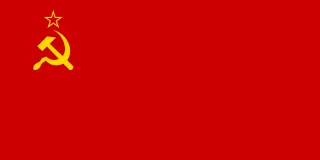
Some of the key events about Soviet Union
- 1917The October Revolution established the world's first socialist state
- 1917The Bolshevik Revolution overthrew the provisional government, leading to civil war and the establishment of a one-party state
- 1922The Union of Soviet Socialist Republics (USSR) was officially formed
- 1930The Soviet Union implemented universal literacy programs
- 1932The Soviet famine of 1932-33, also known as Holodomor, resulted in millions of deaths, particularly in Ukraine
- 1934The Moscow Metro opened, becoming one of the world's most extensive and beautiful subway systems
- 1937The Great Purge began, leading to mass arrests, executions, and deportations of alleged enemies of the state
- 1939The Soviet Union signed the Molotov-Ribbentrop Pact with Nazi Germany, secretly dividing Eastern Europe into spheres of influence
- 1941Nazi Germany invaded the Soviet Union, beginning the Great Patriotic War which resulted in enormous casualties and destruction
- 1945The Soviet Union emerged as a superpower after World War II
- 1953The "Doctors' Plot" antisemitic campaign accused Jewish doctors of conspiring to assassinate Soviet leaders
- 1957The first artificial satellite, Sputnik 1, was launched into orbit
- 1961The first human spaceflight was achieved with Vostok 1
- 1962The Cuban Missile Crisis brought the Soviet Union and the United States to the brink of nuclear war
- 1965The world's first nuclear-powered icebreaker, Lenin, began operation
- 1975The Soyuz-Apollo mission marked the first joint U.S.-Soviet space flight
- 1979The Soviet Union invaded Afghanistan, beginning a costly nine-year war
- 1986The Mir space station was launched, becoming the first modular space station
- 1986The Chernobyl nuclear disaster occurred, releasing large amounts of radioactive material into the environment
- 1991The Soviet Union dissolved, ending 74 years of communist rule and leading to economic collapse in many former Soviet republics
Disclaimer: This material is written based on information taken from open sources, including Wikipedia, news media, podcasts, and other public sources.
Soviet Union Latest news
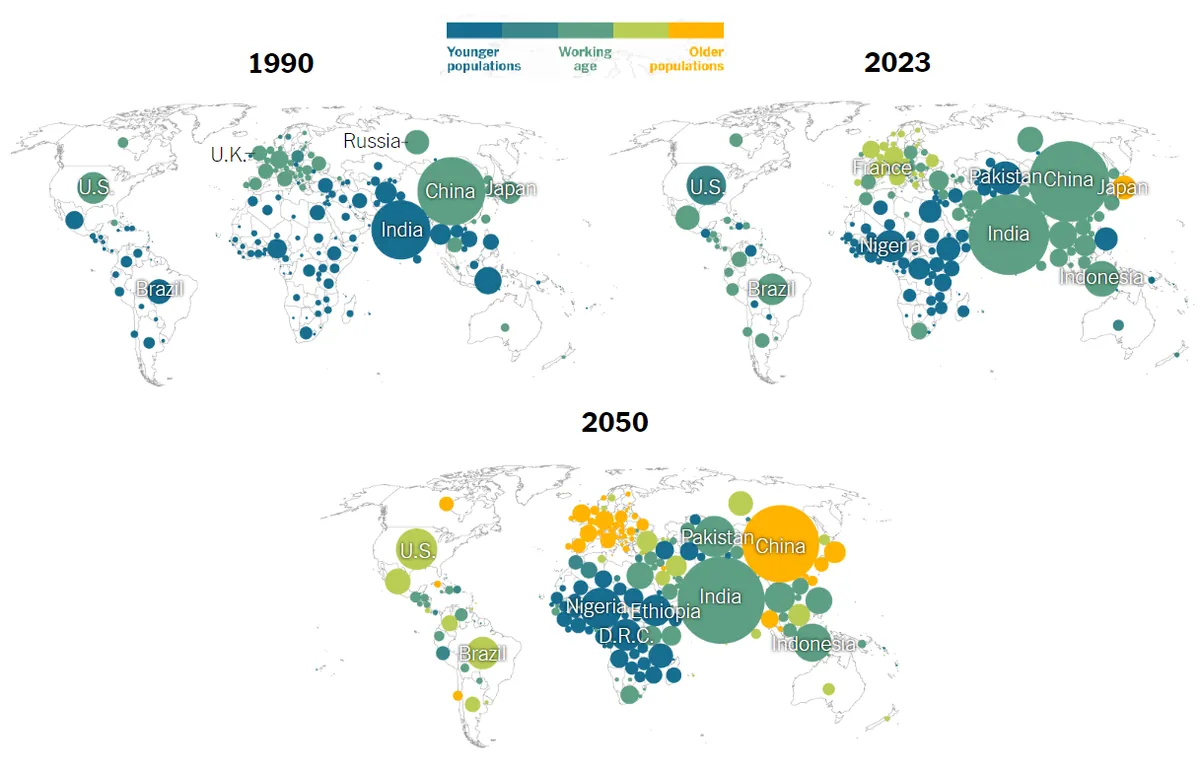
How population decline drives modern warfare: A look at Russia's hidden motives
December 6 2024 , 08:43 PM • 846 views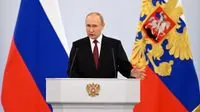
Russia's new budget plan shows record-high secret spending for next 3 years
December 2 2024 , 01:14 PM • 122 views
Russian diplomat hints at nuclear tests comeback as global tensions rise
November 30 2024 , 01:46 PM • 14356 views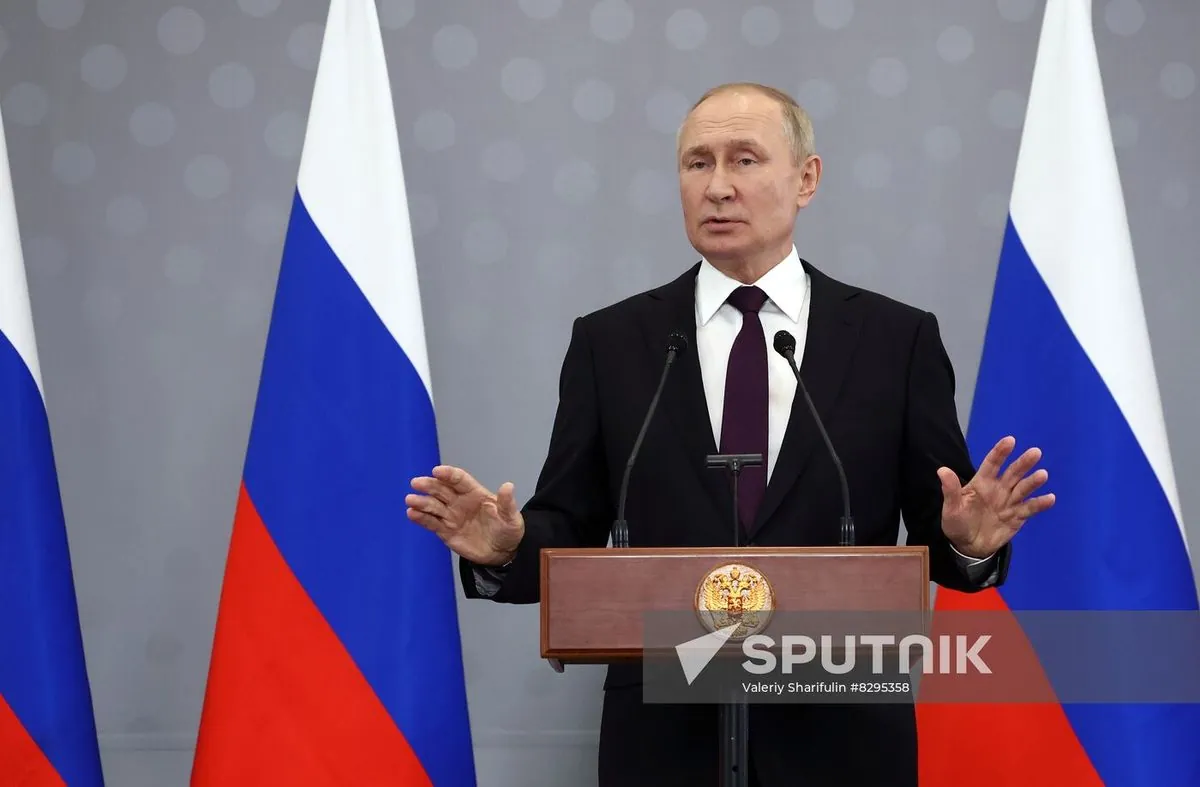
Putin warns of extreme response to Ukraine's possible nuclear plans
November 28 2024 , 06:12 PM • 3477 views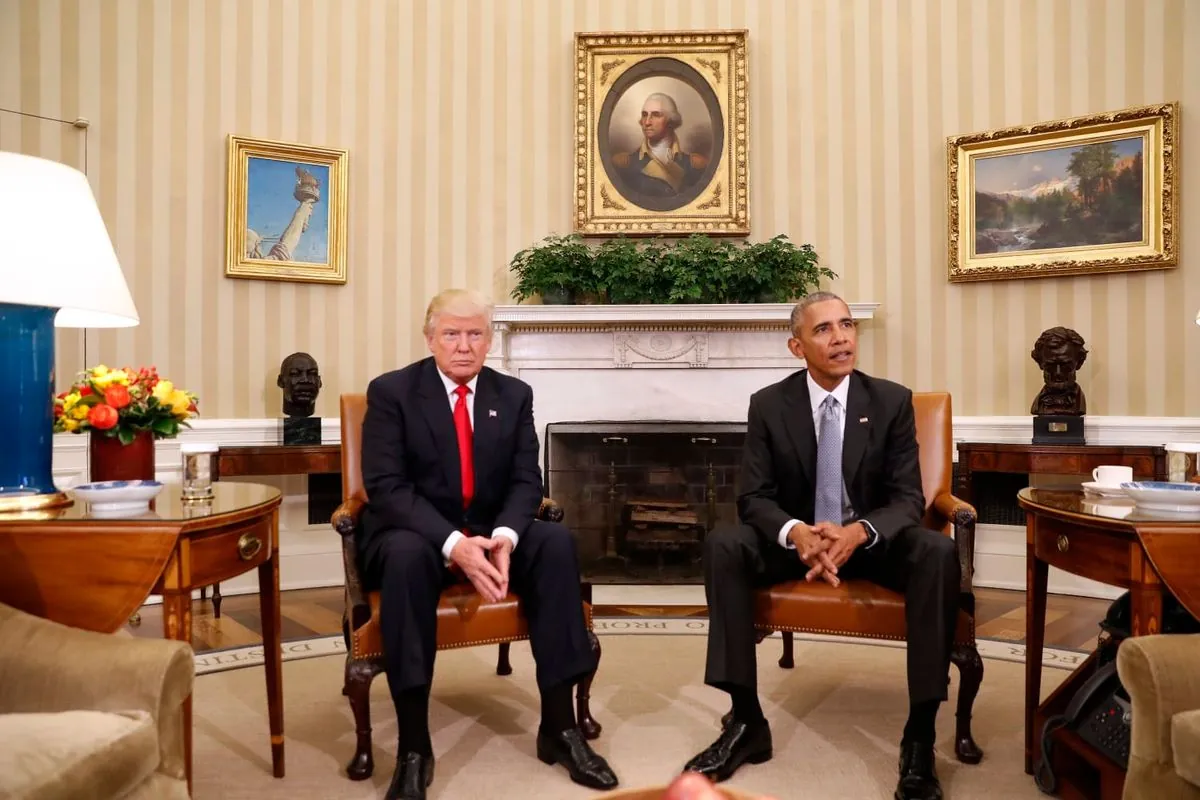
Trump's cabinet picks don't matter - here's what history tells us about it
November 21 2024 , 10:40 PM • 1023 views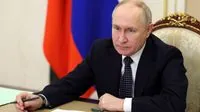
Putin changes Russia's nuclear rules after US missile decision
November 19 2024 , 09:11 AM • 1095 views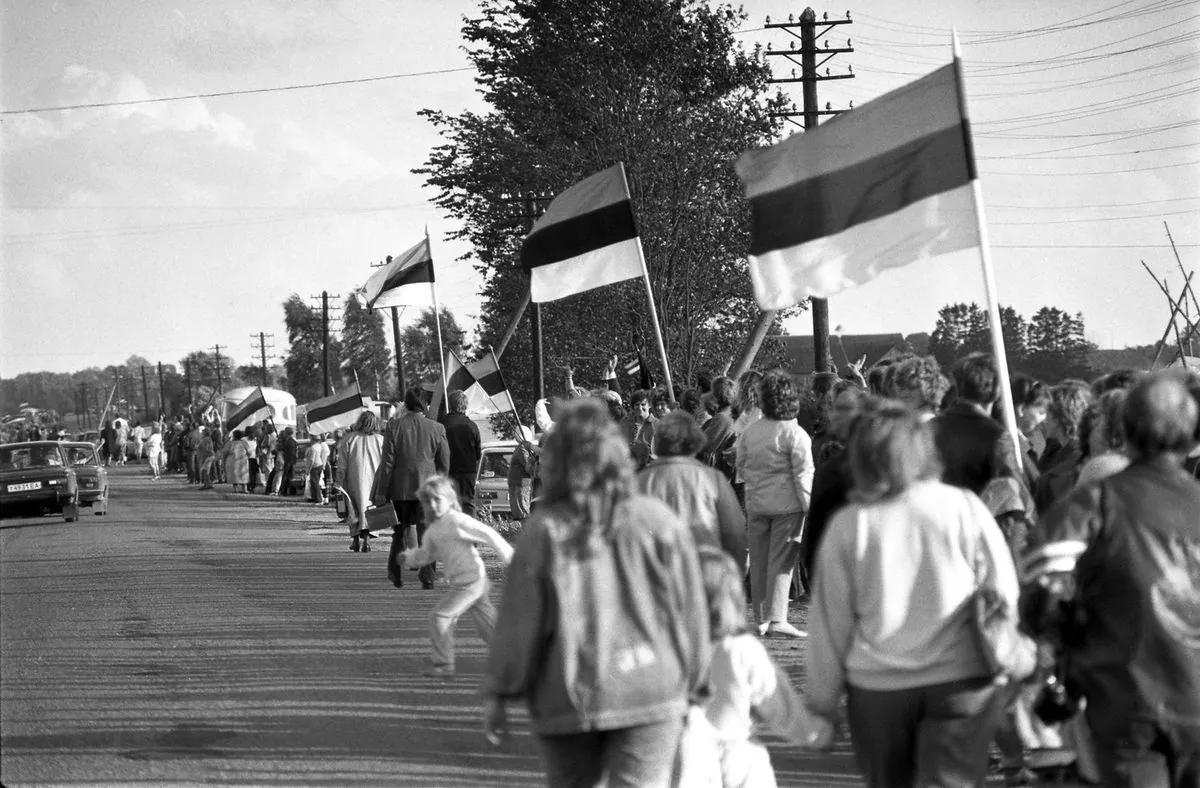
How Baltic train tracks tell a story of freedom from Russian influence
November 15 2024 , 07:37 PM • 598 views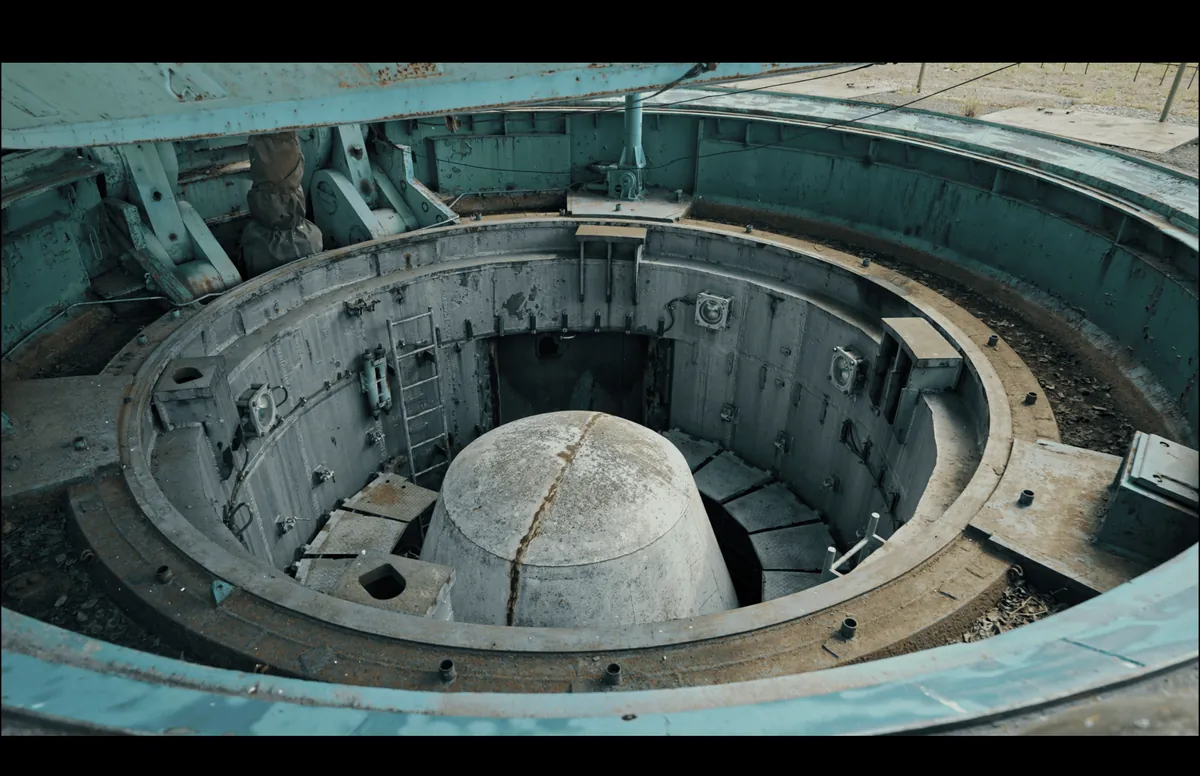
Trump's win makes Ukraine consider its nuclear past - what's next?
November 7 2024 , 08:56 AM • 2425 views
Former Olympic boxer shares how Moldova's independence changed his life path
November 2 2024 , 05:33 AM • 6134 views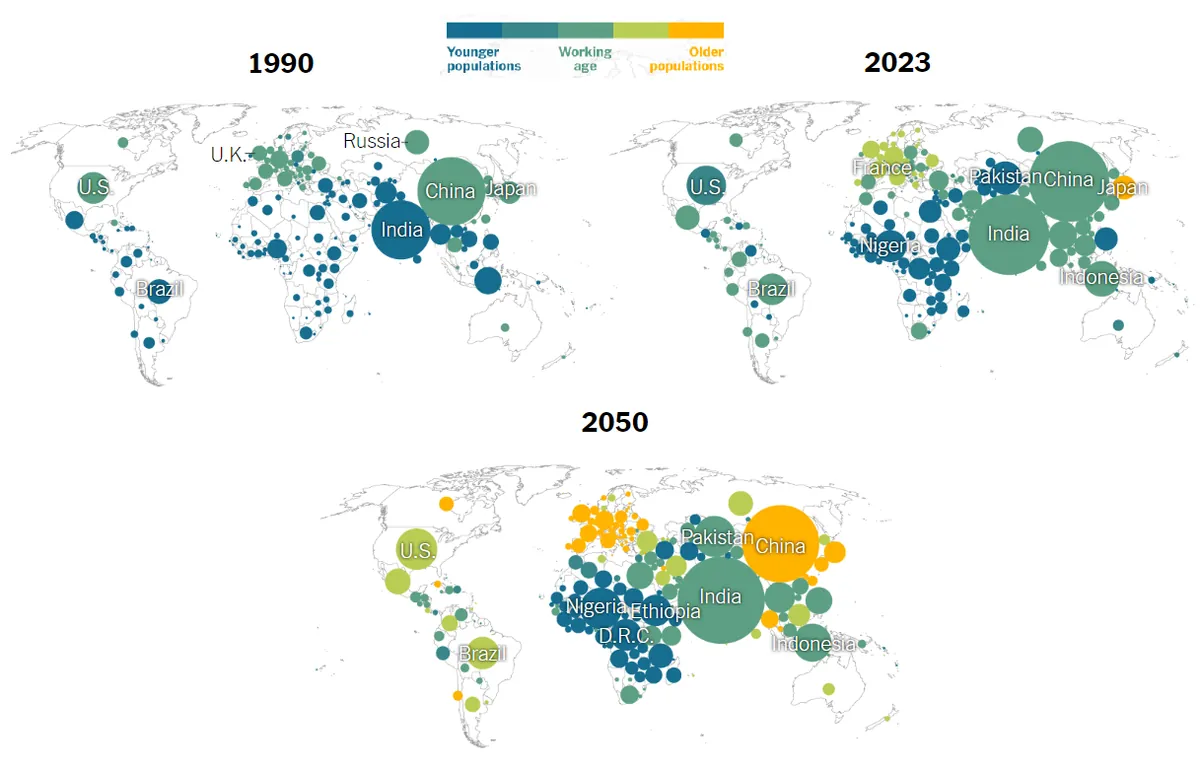
How population decline drives modern warfare: A look at Russia's hidden motives
World faces unprecedented population decline affecting global politics and warfare. Russiaʼs invasion of Ukraine shows how demographic fears can trigger military actions in modern-day world
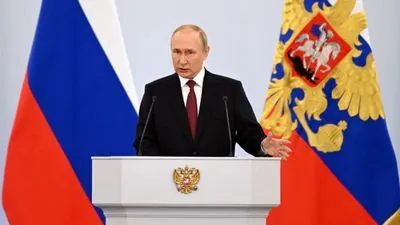
Russia's new budget plan shows record-high secret spending for next 3 years
Russian government made public its financial roadmap with increased military focus and hidden expenses. One-third of spending details wont be shown to public while state debt stays under control
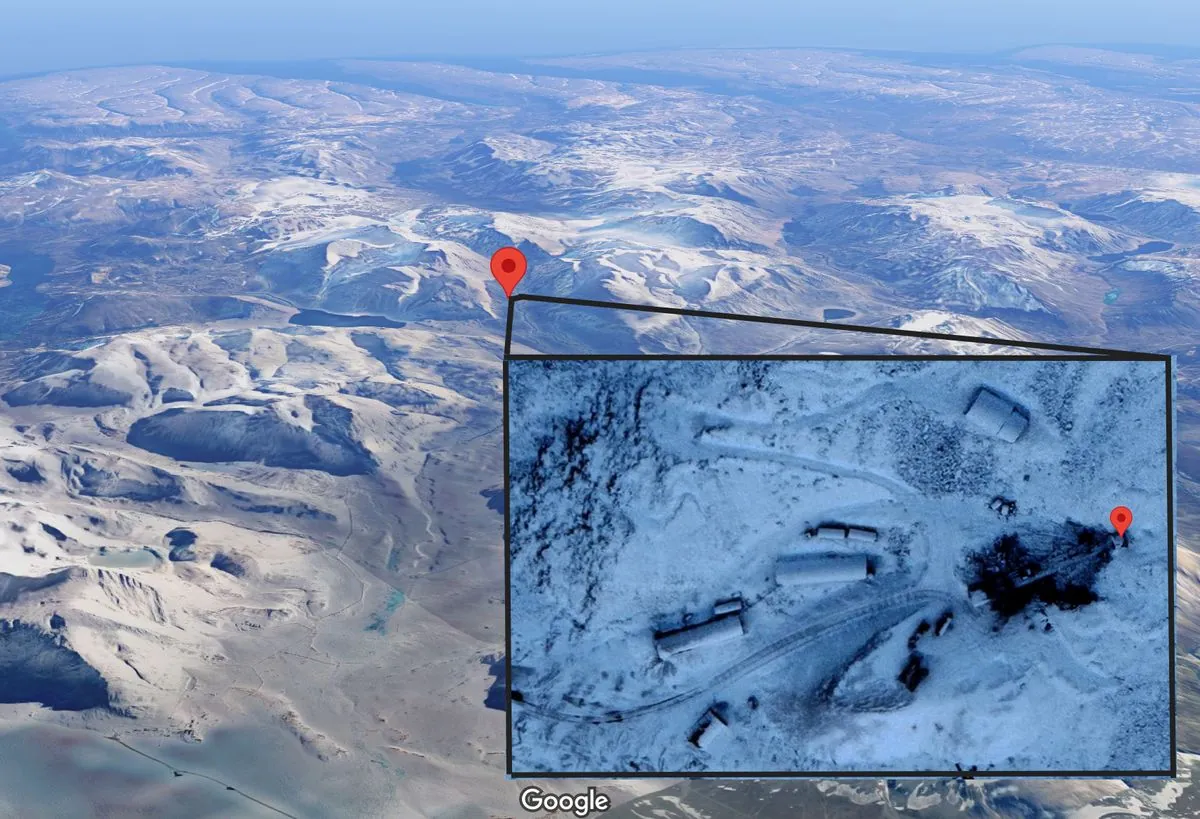
Russian diplomat hints at nuclear tests comeback as global tensions rise
Russian official discusses possible return to nuclear testing due to complex international situation. Moscow changes its nuclear-use rules while stepping back from global test ban agreements
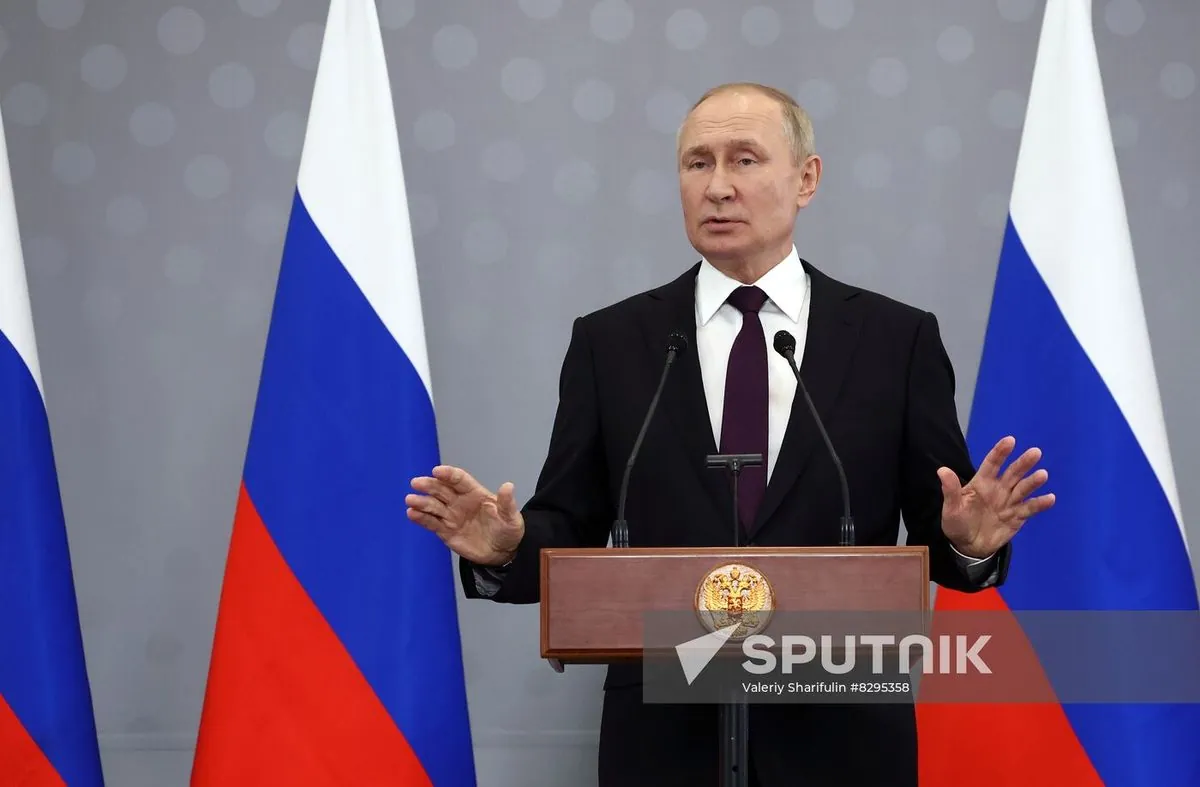
Putin warns of extreme response to Ukraine's possible nuclear plans
At Kazakhstan meeting Putin addressed reports about potential US nuclear transfer to Ukraine. Russian leader stated his country would use every weapon if Ukraine gets nuclear capabilities
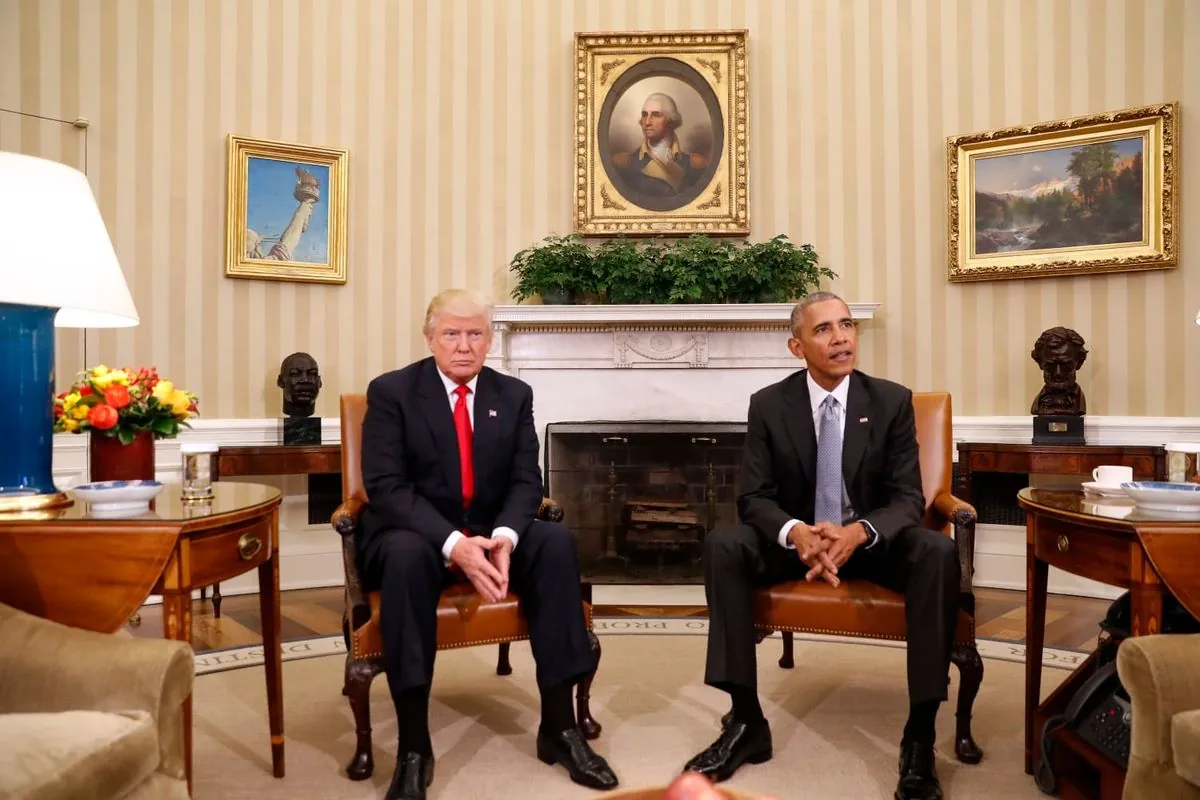
Trump's cabinet picks don't matter - here's what history tells us about it
Looking at Trumps new foreign-policy team choices makes people think differently about future US politics. But past experiences show that these picks might not be as important as everyone thinks
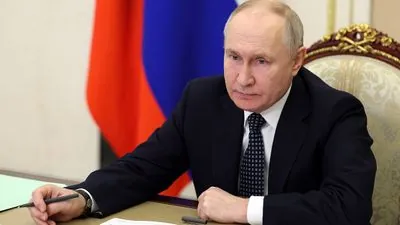
Putin changes Russia's nuclear rules after US missile decision
Russia updates its nuclear response policy‚ adding new conditions for weapon use. Changes come as reaction to US plans about long-range missiles for Ukraine in ongoing military situation
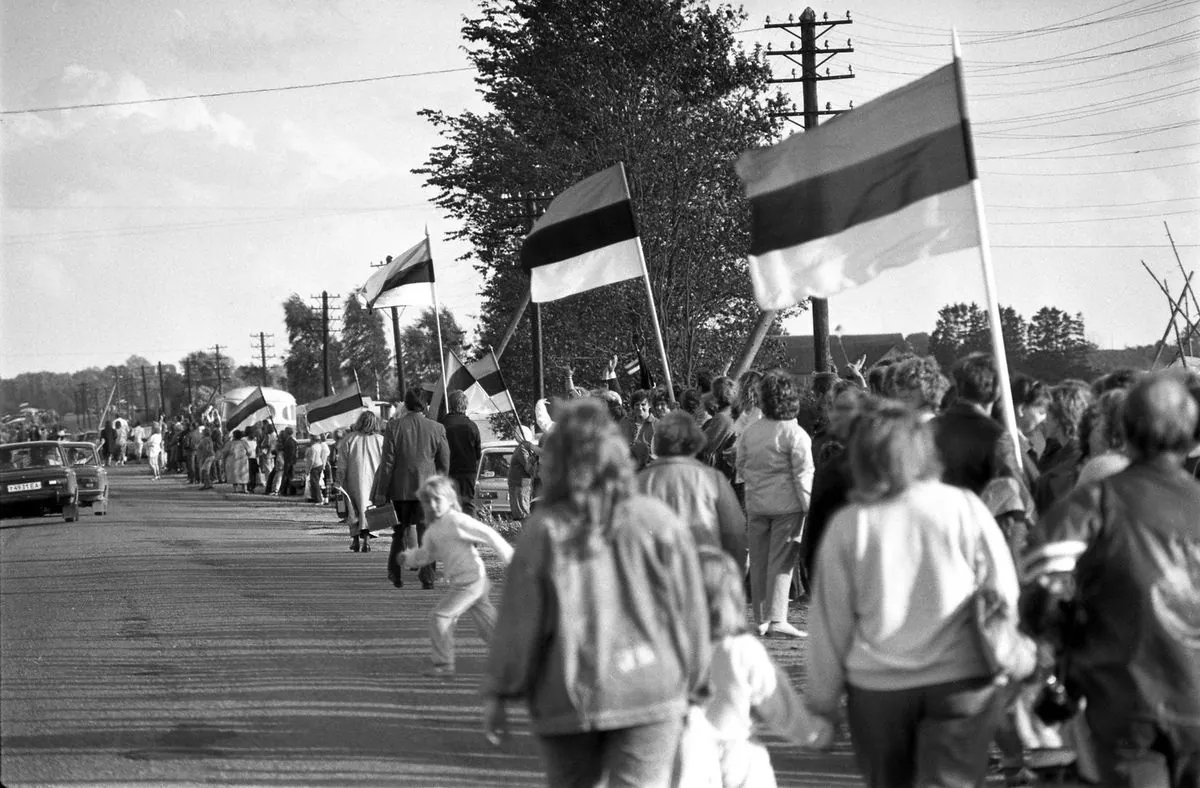
How Baltic train tracks tell a story of freedom from Russian influence
A massive rail project is changing how Baltic states connect with Europe‚ leaving behind Soviet-era infrastructure. This shift mirrors their 35-year journey from occupied territories to modern EU members
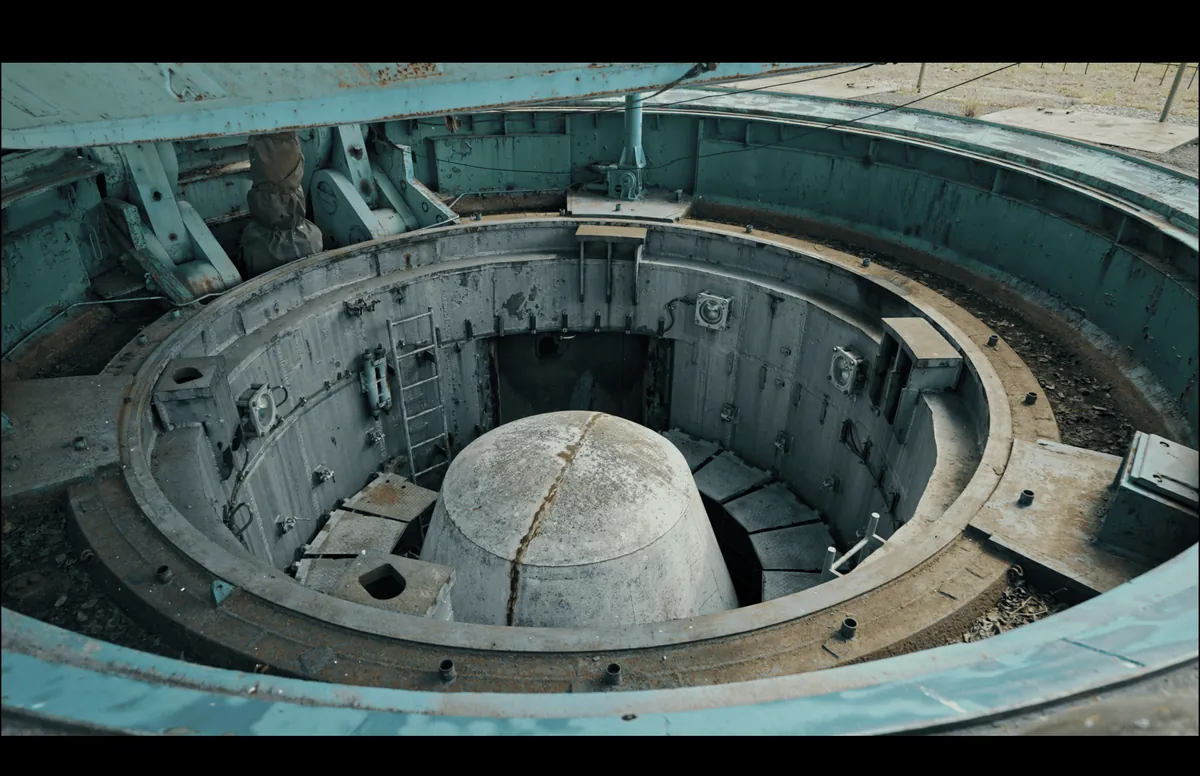
Trump's win makes Ukraine consider its nuclear past - what's next?
After recent election results Ukraine faces tough choices about its defense strategy. President Zelenskys statement about nuclear weapons brings up memories of post-Soviet times when Ukraine gave up its arsenal
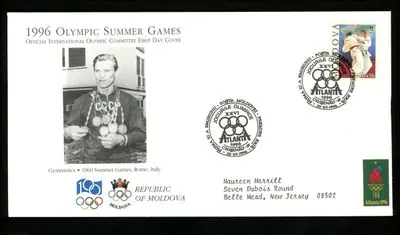
Former Olympic boxer shares how Moldova's independence changed his life path
A well-known Moldovan figure tells his unique story of transformation from Soviet times to Olympic glory. His journey shows how one countryʼs independence opened doors for its athletes





























